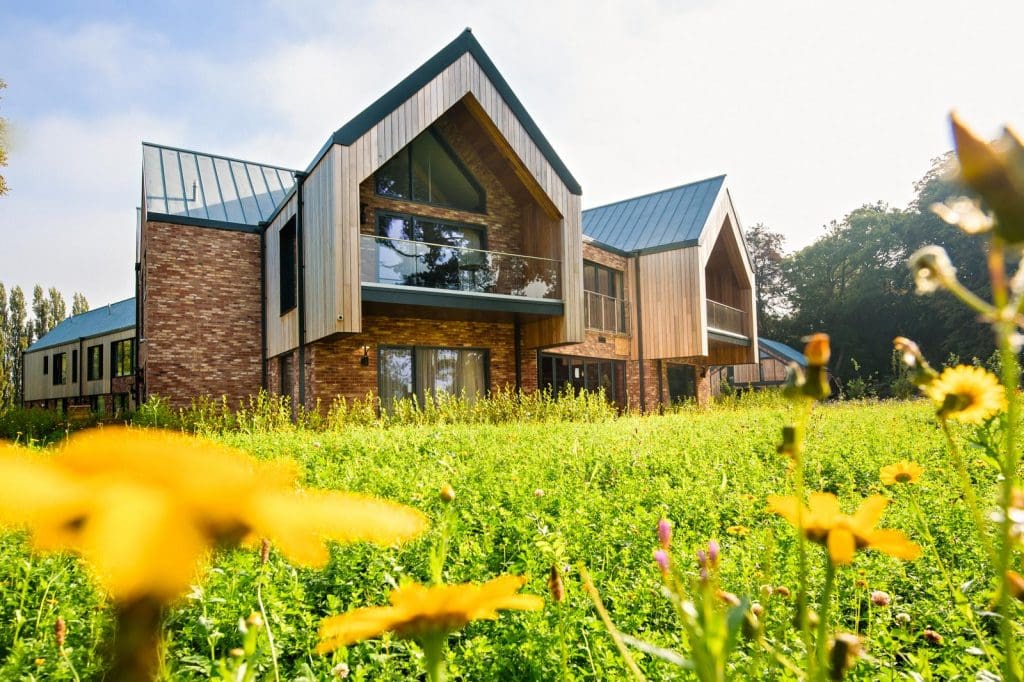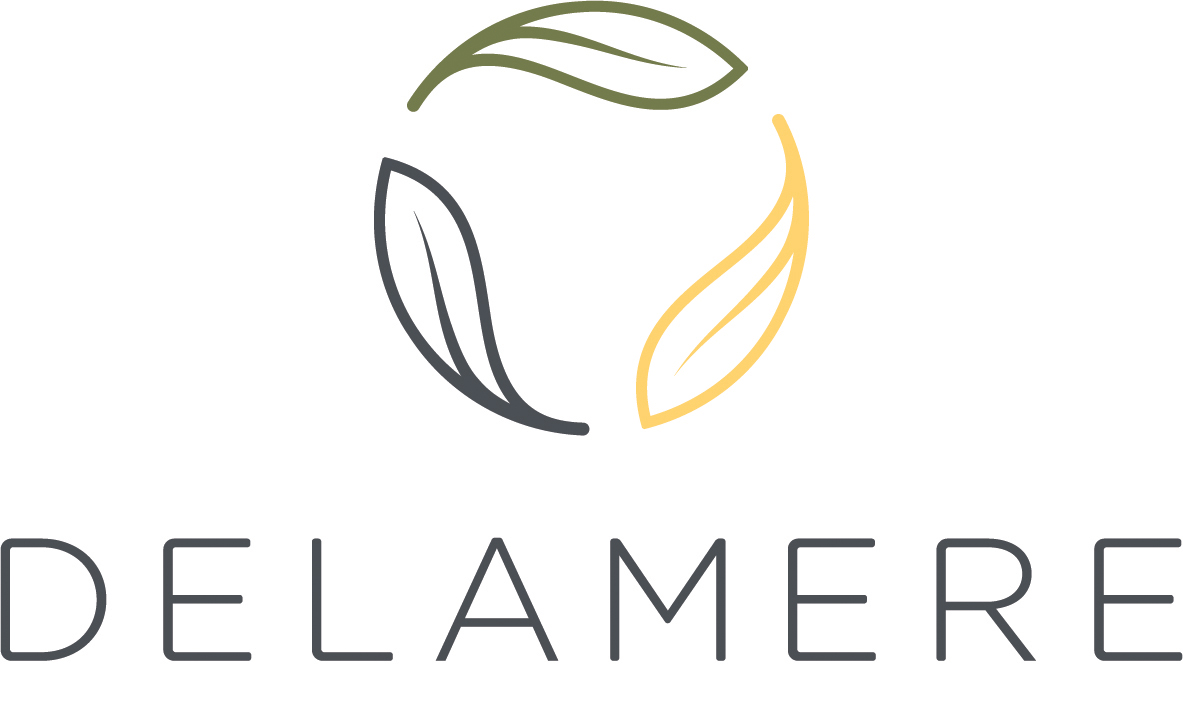What’s included?
According to a recent survey conducted by Universities UK (UUK), nearly one in five university students have used drugs in the past. For some institutions, like Sussex University, the figure jumps to as high as four in five students, a new study found.
As students flock to campuses this month, many will be exposed to illicit substances for the first time.
There are many reasons for this, such as trying to fit into a new crowd of people, being influenced by social media, or as a way of dealing with stress and mental health illnesses.
The UUK survey revealed that, after cannabis, the most commonly used drug by university students is cocaine, and this issue is worsening.

Cocaine addiction
At the end of 2023, the United Kingdom had the second highest rate of cocaine use in the world.
Cocaine produces excessive amounts of dopamine in the brain. Dopamine is a natural feel-good chemical that is produced as a reward for engaging in healthy activities that make us happy.
Over time, the build up of dopamine can affect the reward system in the body, making the drug event more desirable.
Alongside this, stress receptors in the brain will become more sensitive, resulting in low mood and irritability when not on the drug.
The euphoric feeling provided by taking cocaine has led to it being labelled a ‘party drug’ as some of the feelings can be desirable, encouraging those who take it to feel talkative and energised.
However, no amount of cocaine is safe.
The drug can also cause anxiety, panic attacks, paranoia, and after just one hit puts the user at risk of strokes and seizures.
How to spot cocaine addiction
Symptoms are unique to every individual, but typically those who are struggling with cocaine addiction will experience the following:
- Social isolation and withdrawal from relationships.
- Hyperactivity or an anxious demeanour.
- Weight loss.
- Heightened sex drive.
- Financial difficulties.
- Using cocaine at all times of the day and outside acceptable social situations.

Case Study: How the Delamere Treatment Model has helped a former university student in their long-term recovery
A guest of just 19 years of age attended Delamere for cocaine addiction, which became an issue during her first year of university.
She found that equine therapy, one of the unique holistic treatments offered by Delamere, was how she found a breakthrough moment.
She said: “I was incredibly sceptical about equine therapy; in fact, I was sceptical about rehab entirely before I tried it.
“But when I arrived at Delamere, after sleeping for a few days during the detox period, I made a promise with myself to commit fully to all of the treatments on offer.”
She was taken in a group of five to the equine therapy stables.

“A horse came over to me, her name was Flicka. Immediately, it was an amazing experience, I was mesmerised.
“They are so big, but I felt safe and protected. Their eyes are huge and when I looked into the horse’s eyes, I could read their feelings and I felt like my feelings were being mirrored back to me. I petted her until she walked away.
“From there, we meditated, and I was thinking about where I would go next in my life. I’d gone into rehab wanting a big revelation about my path forward. But after that experience with Flicka, I could feel I was starting to change.
“Everything just switched for me from that moment, it was a lightbulb moment. Before this, I was always attracted to shiny things and big goals – I suppose it was all very superficial.
“That has changed, and now I take one day at a time, and I am grateful for all the small things.”
Whilst equine therapy is a deeply personal experience, and can evoke different feelings in everyone, the rounded holistic approach at Delamere can dig deeper than addiction symptoms to uncover root causes of the issue.
How Delamere can help you
Delamere offers treatment for all addictions, from substance to behavioural addiction.
The four phase Delamere treatment model is tailored to each individual who attends the clinic, taking into account which therapies work best for you.
The Stop, Start, Grow, Bloom model focuses on clinical detox in the first few days, with a medical team on hand 24/7 to ensure a safe and effective withdrawal.

The ‘Start’ phase will help to identify the psychological underpinnings of your addiction, and this will give you the opportunity to explore different types of holistic therapies.
A mixture of 1-1 therapy, recovery mentoring and group sessions build a solid foundation for individuals to understand why they have this relationship with cocaine.
The ‘Grow’ phase is centred around life beyond addiction, handing you the tools to implement in day-to-day life after treatment.
The ‘Bloom’ phase is the newest addition, offering intensive support for the first three months of recovery after leaving Delamere.








